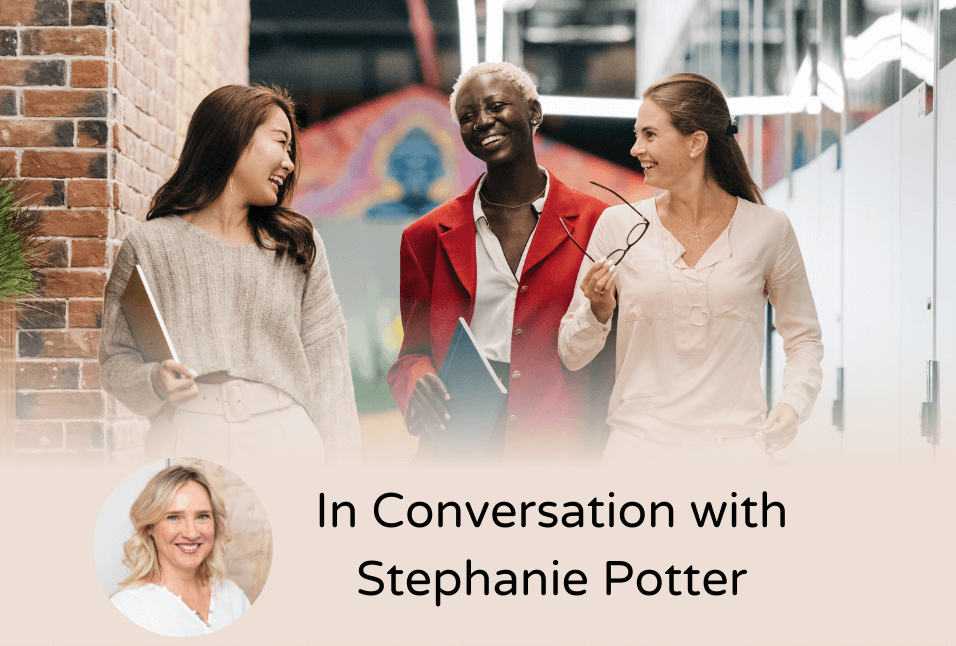How my ADHD story shaped me and how I am learning to rewrite it.
Storytelling is central to the human experience.
From birth, we look to each other to survive, attach, and belong. And to make sense of it all, we form stories about ourselves and those around us. We quickly learn our perceived strengths and weaknesses and adapt to what the people around us (seem to) value, want, or need from us.
If you have a learning exceptionality, like ADHD, the stories you tell yourself about yourself are influenced by the people and systems around you. They shape how you show up in the world – not just in childhood but into adulthood as well.
Let’s take my ADHD story, for example.
I grew up hearing “If you tried harder, you would do better” from almost every teacher I ever had. In general, I laughed it off and focused on being pleasant, pretending that it didn’t bother me. My brothers excelled at school, and I learned ways to compensate, self-deprecate, and upon reflection, believe the stories that I was being told.
I focused on pleasing others and learned to “play the game” in the system, even if I was underachieving within myself. Over time, this created an integrity gap for me. I didn’t want to just “pull it off.” Not understanding why I wasn’t meeting expectations made me anxious. I still have dreams (nightmares really) about the assignments piling up, to be submitted late or at the last minute. Not meeting my own potential felt careless and irresponsible.
What I didn’t realize then, was that I was focusing, just on other things.
As an intensely sensitive child who was fascinated by the emotions of others, I constantly observed social cues in the people around me.
I would wonder why people chose to do things the way they did – why they were in that career or with that partner. And by eighth grade, while I would be in tears learning fractions, I would daydream about questions like “What criteria make or break relationships in different contexts?”
While I knew “I had to try harder to do better at school,” I just kept overcompensating for my inattentive tendencies, missing out on the strengths I did have, and not seeing that it was actually about “trying differently.”
I have worked to understand the way my brain works and, in that spirit, I am re-writing my story in a way that works for my brain:
And now I wonder if we could create space for better storytelling – where we are curious about each other’s brain styles, where we are willing to listen to individuals’ experiences, where we have a system that welcomes and accepts neurodiversity – would this space allow our children to show up more fully and need to “unlearn” less in adulthood? And from there, what would change about our collective story?
I am who I am today because I’ve now worked to understand the way my brain works, including the ADHD symptoms I experience.
At Springboard, we developed the May We Have Your Attention Please? online course to invite and inspire others to re-write individual narratives when it comes to ADHD/focusing challenges. If this story speaks to you, click here for a few words from me and/or here to learn more and register. This 10-week course kicks off again this fall and is open to anyone, anywhere. If group courses aren’t your jam, consider unpacking your story 1:1 with one of our coaches. You can learn more about our Straight to Coaching services here.
Laura MacNiven is the co-founder of Springboard Clinic. She leads Springboard’s May We Have Your Attention Please online adult ADHD course, as well as our online parenting course.




